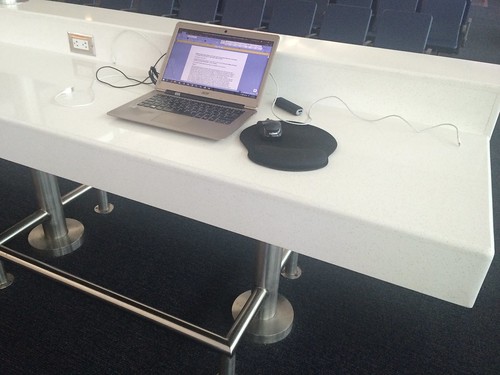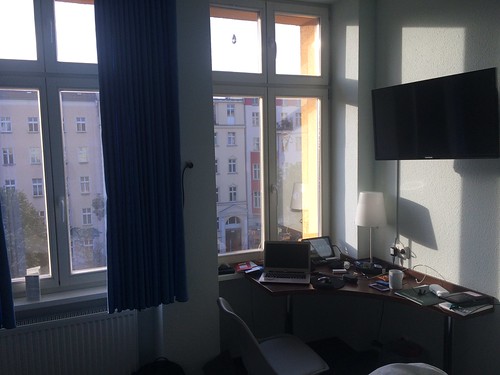Around 2018, I started reading several books on “how to do a PhD, academic writing, and writing more generally. I did so to help my own doctoral students (by the way, you can read my “Reading Notes of Books on How To PhD” by clicking on the hyperlinked text)). Through time, I have developed a taste for buying and reading books on how to write, in hopes obviously of improving my own writing and that of my students.
Contrary to what most people think, I came to enjoy writing AFTER I had finished my undergraduate degree. I never thought I would enjoy writing, let alone publishing articles, books, chapters, etc. Eventually, most books on writing will converge to about the same idea(s), though every single one I have read will have something specific to contribute. That’s the case with Dr. Christine E. Tulley’s How Writing Faculty Write: Strategies for Process, Product, and Productivity.
A very well written volume where Tulley explores the writing practices of 15 scholars in the rhetoric and composition field, the main ideas of this book will sound familiar to those who have read Helen Sword’s Stylish Academic Writing, Hayot’s Elements of Academic Writing, Wendy Laura Belcher’s Writing Your Journal Article in 12 Weeks, Warner’s The Writer’s Practice, Boice’s Professors as Writers, Single Boyle’s Demystifying Dissertation Writing, and Stephen King and Henry Miller on writing.
I do like Tulley’s book and I do think it’s worth the read because she does her analysis in a way that is innovative and refreshing. She includes the full interview after discerning patterns and writing lessons. In a way, Tulley’s exercise is much richer than Sword’s in Stylish Academic Writing precisely because she includes full interviews.
Whenever I write my reading notes of books on writing I feel as though I am in a strange position, particularly because by now I have read A TON of books on this topic. Also a ton of books on “how to PhD”. This exercise has been useful even for me as a scholar of comparative politics and public policy.
Do I glean new lessons from Tulley’s book? Most certainly I do. The book itself is good even if you want to teach qualitative methods because she reports like a qualitative methods text. However, by being very explicit about her methodology (following the Paris Review style of interviewing), I find that in a sense, Tulley’s book is richer than Sword. Particularly because of the direct attribution of quotes to specific authors/writers.
A few gems that I distilled from Tulley’s book include:
- Writing faculty accept the challenges that writing poses, and push through.
- Writing faculty enjoy process and product, and develop “workable” academic writing – that is, find ways to make writing enjoyable.
- Writing faculty use outlining, scaffolding, thinking rhetorically and use invention strategy.
- Writing faculty use “Quick Focus” strategies to push through writing projects during small blocks of time that they carve in their busy schedules/lives.
You can download the introduction and table of contents from the UUUP website (click here, will start download immediately)




0 Responses
Stay in touch with the conversation, subscribe to the RSS feed for comments on this post.